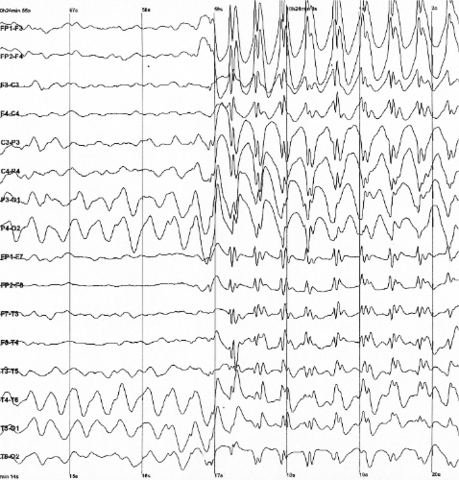Neurology is a medical specialty that focuses on the diagnosis and treatment of disorders of the nervous system. Within the field of neurology, there are various subspecialties, each dedicated to specific aspects of neurological medicine. Here are some of the different subspecialties within neurology:
Clinical Neurophysiology:
- Clinical neurophysiologists use techniques like EEG (electroencephalography), EMG (electromyography), and nerve conduction studies to diagnose and treat disorders of the nervous system that involve electrical activity, such as epilepsy and neuromuscular disorders.

- Clinical neurophysiologists use techniques like EEG (electroencephalography), EMG (electromyography), and nerve conduction studies to diagnose and treat disorders of the nervous system that involve electrical activity, such as epilepsy and neuromuscular disorders.
Neuromuscular Medicine:
- Neuromuscular specialists focus on disorders that affect the muscles and nerves controlling muscle movement. This includes conditions like muscular dystrophy, myasthenia gravis, and peripheral neuropathies.
Stroke Neurology (Vascular Neurology):
- Stroke neurologists specialize in the diagnosis and management of cerebrovascular diseases, particularly stroke. They may also be involved in preventive measures to reduce the risk of stroke.
Neurocritical Care:
- Neurocritical care physicians manage patients with severe neurological conditions, often in intensive care units. These specialists handle cases like traumatic brain injuries, intracranial hemorrhages, and neurological complications of other critical illnesses.
Epilepsy:
- Epileptologists are neurologists with expertise in the diagnosis and treatment of epilepsy and seizure disorders. They may also perform epilepsy surgery evaluations.
Movement Disorders:
- Movement disorder specialists focus on conditions that affect movement control, including Parkinson’s disease, essential tremor, dystonia, and ataxia.
Neuroimmunology:
- Neuroimmunologists deal with autoimmune and inflammatory disorders of the nervous system, such as multiple sclerosis, neuromyelitis optica, and neurosarcoidosis.
Neuro-Oncology:
- Neuro-oncologists treat brain and spinal cord tumors. They work closely with neurosurgeons and oncologists to provide comprehensive care to patients with brain cancer.
Headache Medicine:
- Headache specialists, or headache medicine physicians, diagnose and treat various types of headaches, including migraines and tension headaches.
Neuropsychiatry:
- Neuropsychiatrists specialize in the interface between neurology and psychiatry, dealing with conditions like epilepsy-associated psychiatric disorders and neurodegenerative diseases that affect mood and behavior.
Pediatric Neurology:
- Pediatric neurologists care for children with neurological disorders, including developmental delays, epilepsy, and genetic neurological conditions.
Neurogenetics:
- Neurogeneticists focus on the genetic aspects of neurological diseases, studying how genetics plays a role in conditions like Huntington’s disease, muscular dystrophy, and hereditary neuropathies.
Neurointerventional Radiology:
- Neurointerventional radiologists use minimally invasive procedures to treat vascular disorders of the brain and spinal cord, such as aneurysms and arteriovenous malformations.
These subspecialties within neurology highlight the diverse range of neurological disorders and conditions that can affect the nervous system. Neurologists often collaborate with other medical specialists, including neurosurgeons, neuroradiologists, and physical therapists, to provide comprehensive care to patients with neurological issues.











